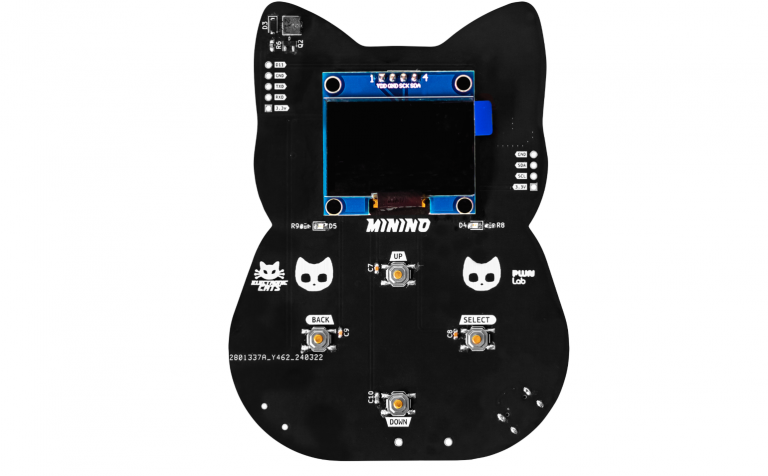
Last year, Intel introduced its Alchemist (DG2) products at the launch event for its Intel Arc discrete graphics card brand. This debut also featured an artificial intelligence-driven supersampling technology named XeSS. Utilizing Xe-HPG architecture’s Xe cores (Xe Core) and XMX AI acceleration, XeSS employs machine learning to reconstruct low-resolution frames into high-resolution counterparts, thereby enhancing the frame rate. It’s fully compatible with DirectX 12 and leverages the DP4a instruction to provide AI-based supersampling across various hardware, including Arc GPUs and integrated graphics.
Currently, both NVIDIA’s DLSS and AMD’s FSR have incorporated frame generation features, which utilize interpolation techniques to boost in-game performance significantly. This approach not only elevates frame rates but also ensures the maintenance of image quality. According to Wccftech, Intel is poised to introduce a solution named “ExtraSS,” designed to achieve similar effects.

During his presentation at SIGGRAPH ASIA 2023, Intel’s Vice President of Graphics Research, Anton Kaplanyan, introduced the ExtraSS technology. This innovative framework, which amalgamates spatial supersampling with frame extrapolation, enhances real-time rendering performance. It achieves a harmonious balance between performance and quality, yielding temporally stable, high-quality, high-resolution outcomes. This method notably reduces computational costs compared to traditional rendering approaches.
At present, NVIDIA’s DLSS and AMD’s FSR employ frame interpolation methods, creating approximate frames based on multiple new and old rendered samples. Intel’s ExtraSS, however, generates new approximate frames based on previously rendered data. NVIDIA and AMD’s techniques introduce additional latency, thus relying on technologies like Reflex and Anti-Lag+. In contrast, ExtraSS has a minimal impact in this regard. However, it faces challenges in generating optimal results, which Intel acknowledges and is striving to resolve.
Intel has not disclosed a release date for ExtraSS, but more information is expected to surface next year.






